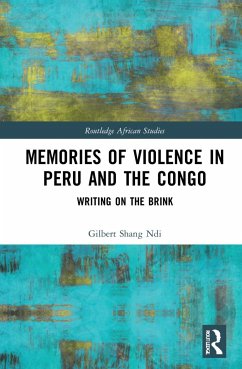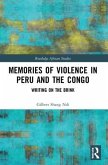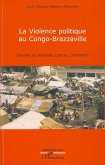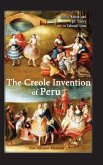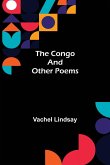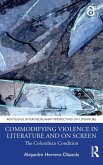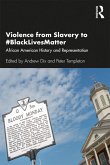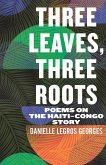The book presents an intertextual and comparative analysis of memories of violence in Peruvian and Congolese Literature. Examining a variety of novels that offer insightful representations of violence in their respective historical settings, the author argues that similar historical experiences between Latin America and Africa engender ethical/aesthetic responses and enhance trans-continental critical dialogues in comparative literary studies. In the same way that the drama of the Congo has become the symbolic open wound of (post)colonial dispensation in Africa, Spanish conquest in Latin America also produced spaces where the legacy of colonialism is strongly visible and memorable, providing fertile ground for the reproduction of violence. This book explores the concept and reality of violence beyond its most obvious manifestations, demonstrating how in the colonial contexts of Peru and the Congo, violence was a function of (post)colonial power dynamics and deeply engrained socio-political, economic and cultural ordering and othering. From this perspective, the work considers and re-examines theoretical contributions from authors such as John Galtung, Michel Foucault, Immanuel Wallerstein, Anibal Quijano, Frantz Fanon, Achille Mbembe, Eboussi Boulaga, Pierre Nora, Susan Sontag, Stevan Weine, Cathy Caruth and Nelson Maldonado-Torres. This book will be of interest for scholars working on how violence is explored and represented in literature and other art forms.
Bitte wählen Sie Ihr Anliegen aus.
Rechnungen
Retourenschein anfordern
Bestellstatus
Storno

